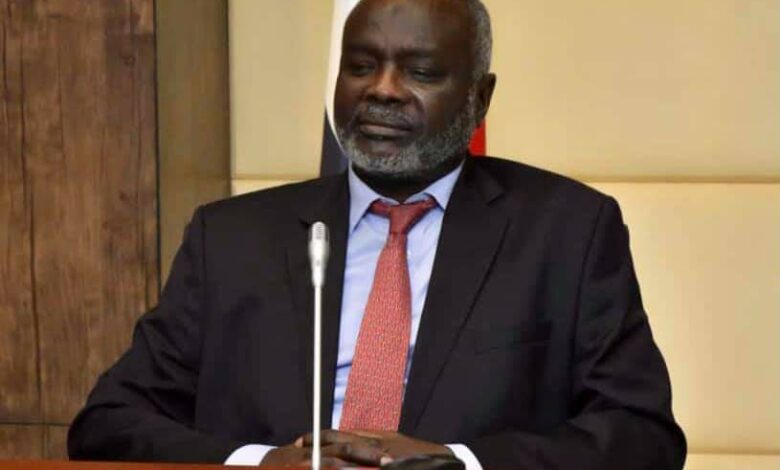By FOSTER KLUG
Associated Press Writer
WASHINGTON — President Barack Obama’s special envoy to Sudan said Tuesday that the world must make urgent efforts to help the African country fully apply the terms of a 2005 peace accord that ended a 22-year civil war between the northern and southern parts of the country.
Scott Gration met with officials from the south’s Sudan People’s Liberation Movement and from the north’s ruling National Congress Party at a conference in Washington that also drew representatives from more than 32 countries and organizations. Among them were foreign and development ministers from South Africa, Kenya, Ethiopia and the Netherlands.
Only about 160 days remain until the peace accord faces a crucial test with national elections in February, Gration told the conference, and only 19 months before a referendum is to be held on self-determination for southern Sudan.
“Time is urgent,” Gration said. “Although much progress has been made in the past four and a half years, there’s still much that remains to be done.”
The Obama administration hopes Tuesday’s conference will rekindle international support for implementing the peace deal. The United States wants the parties to settle spats over elections, a census, passage of security laws, wealth-sharing, disagreement over the future of Abyei, an oil-rich area at the disputed border, and preparations for after the referendum.
Gration told reporters that even if the parties in Washington accept arbitration meant to settle the Abyei dispute, “that same sentiment may not be on the ground.” He did not elaborate.
The 2005 peace agreement created a semiautonomous south, established a unity government in the Sudanese capital Khartoum with representatives from the north and south and provided for sharing oil wealth. Fights over distribution of wealth were a major trigger in the civil war, which was exacerbated by the start in the late 1980s of exploitation of oil reserves that had been discovered in the 1970s.
The peace agreement has been plagued by mutual distrust and occasional violence that threaten the February elections.
Gration said he had met for four days with Sudan officials in advance of Tuesday’s conference.
He called the Washington meeting “a critical effort that’s occurring at a crucial time as we approach the final push to fully implement the CPA,” referring to the Comprehensive Peace Agreement that ended the north-south fighting.
Sudan’s Foreign Ministry has called the meeting a “milestone” for relations with the United States and for peace in Sudan.
Sudan is lobbying for stronger diplomatic ties with the United States, the lifting of sanctions and its removal from a U.S. list of states said to sponsor terrorism.
Deputy Secretary of State James Steinberg said at the conference that Sudan is facing “a young peace, and it’s much younger than the fight that it ended, but we have to make sure that it becomes a much more long-lived one.”
The conflict between the north and south, Steinberg said, should not overshadow fighting in Sudan’s western Darfur region, where up to 300,000 people have been killed and 2.7 million displaced.
“Millions of innocent people have been forced from their homes as a result of that genocide and now face appalling conditions,” Steinberg said. “To deal with the problems of north-south and CPA implementation, we need a holistic approach that recognizes that all of the challenges in Sudan are interconnected and we have to work on them together.”
حركة العدل و المساواة السودانية
موقع متخصص بنقل آخر الأخبار و البيانات و القرارات لحركة العدل و المساواة السودانية

